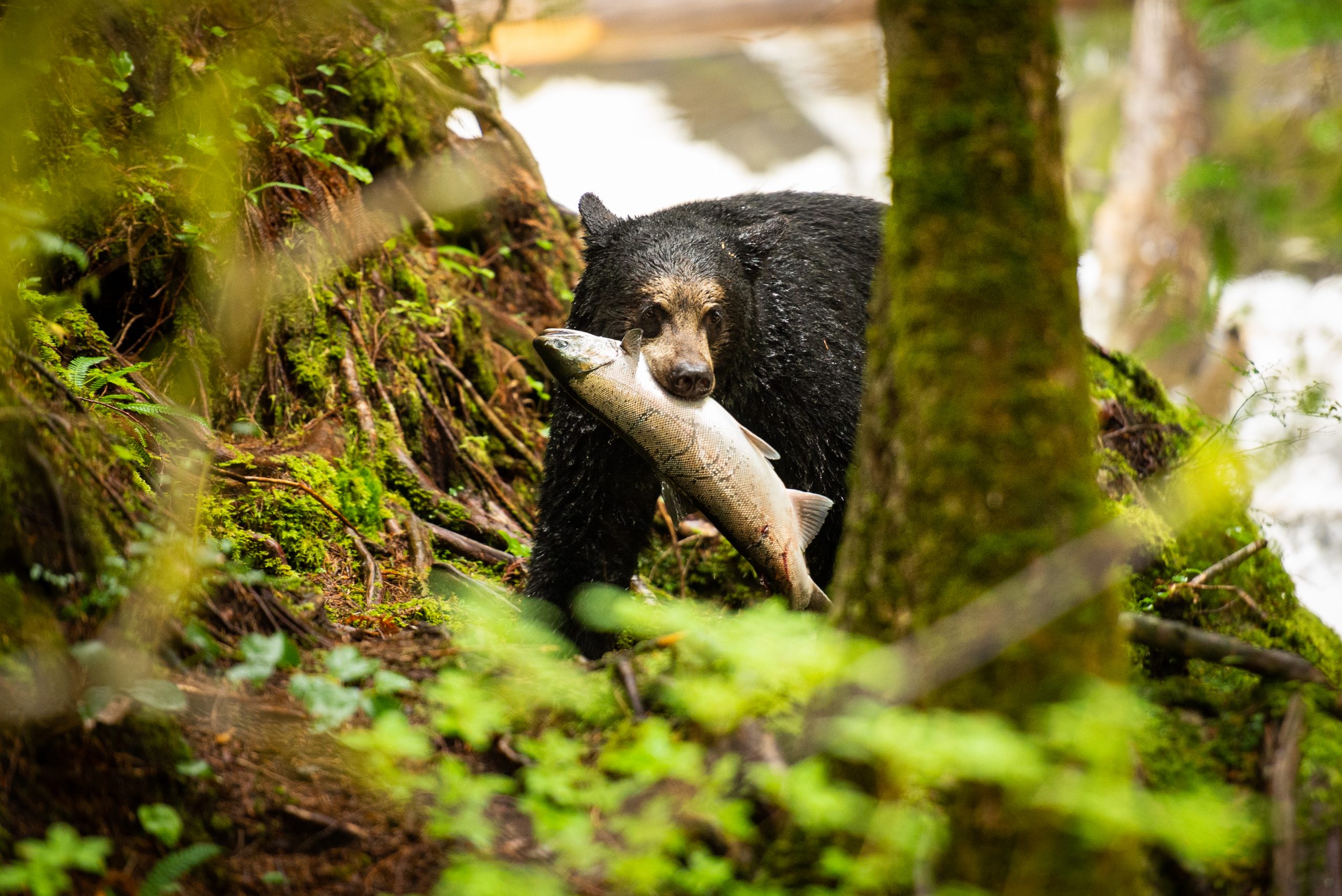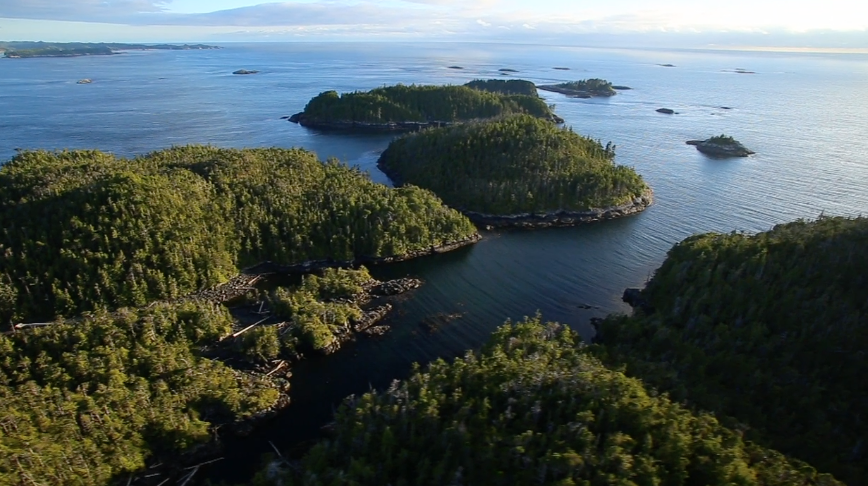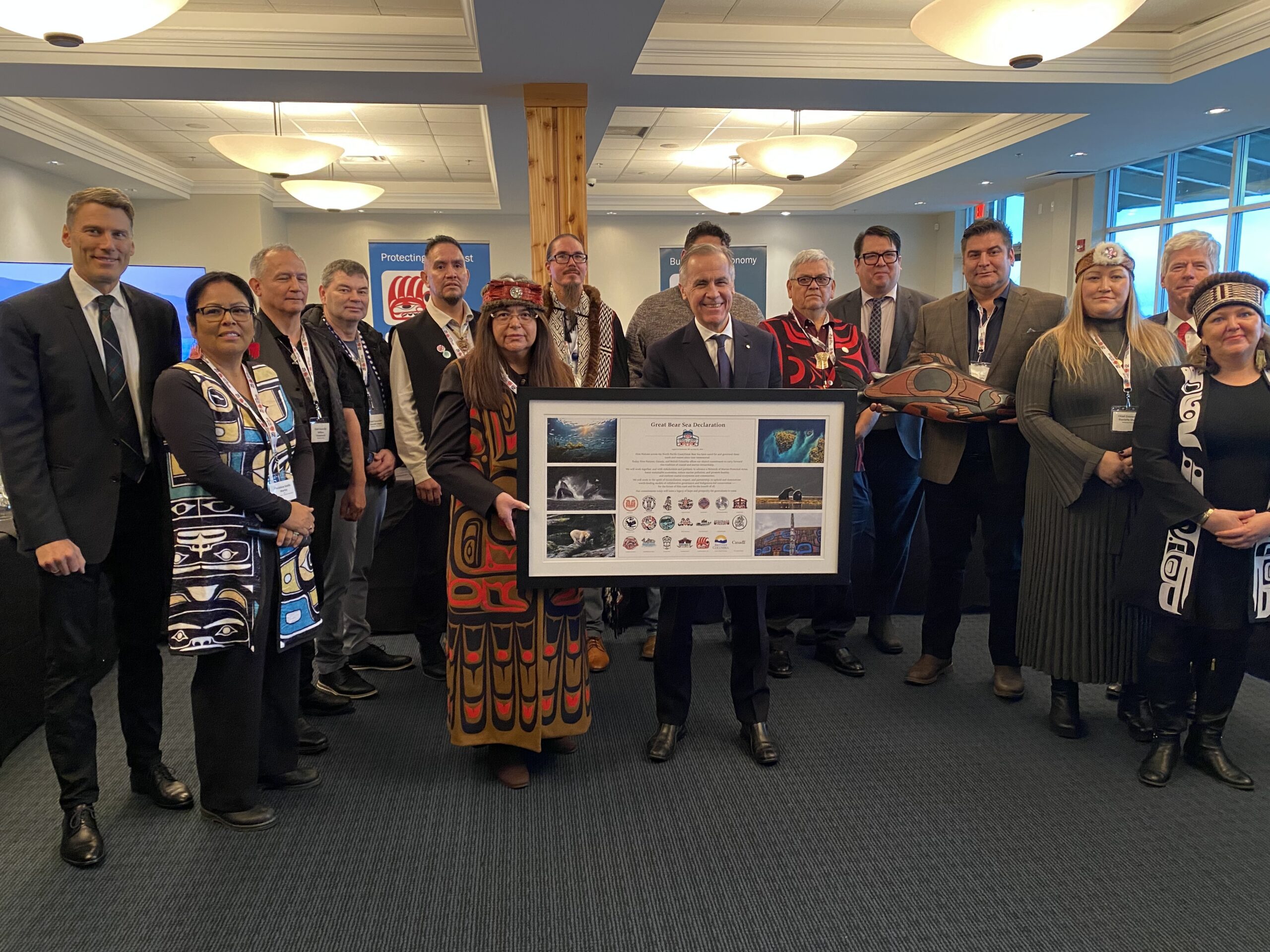Communities
People of the Coast
The unceded Traditional Territories of CFN member First Nations are within the North and Central Coast and Haida Gwaii, a vast coastal region stretching from the top of Vancouver Island to the Alaskan border—also known as the Great Bear Rainforest.
Our people have lived here for tens of thousands of years, sharing these lands and waters with a rich diversity of species, including grizzly bears, salmon, orcas, migratory birds, coastal wolves and the rare white Spirit Bear. Our culture and livelihoods are deeply connected to these forests, rivers and sea, which have sustained our way of life for millennia

GREAT BEAR RAINFOREST
The Great Bear represents one quarter of the world’s remaining coastal temperate rainforests.
In 2016, 85 percent of the rainforest was formally protected through the Great Bear Rainforest Act.
Led by coastal First Nations, other governments, and the environmental and industry sectors, this agreement put 3.1 million hectares of coastal temperate rainforest off limits to industrial logging.
The agreement provides a framework for government-to-government decision-making that reflects a vision for healthy First Nations communities and a diverse sustainable economy.
The Great Bear Rainforest is home to:
- 74,000 square kilometres of First Nations territory
- Ancient First Nations burial and cultural sites
- Old growth valley bottoms that sustain the most biomass of any terrestrial ecosystem on Earth
- Temperate rainforest that stores more carbon than any rainforest system in the world
GREAT BEAR SEA
The Great Bear region is also a remarkable example of deeply interconnected land, sea and freshwater water ecosystems. Nutrient-rich salmon feed ocean-based orcas and land-based coastal wolves and bears, spreading nutrients throughout the coast that builds our old-growth forests.
The Great Bear Sea is one of the largest marine planning areas in the world. Dramatic coastlines, steep-walled fjords, dense kelp forests and large estuaries support an abundance of marine life.
Our traditional waters encompass one of the world’s most productive cold-water seas, sheltering:
- Recovering populations of humpback, killer and fin whales
- Historically abundant salmon, herring and eulachon populations
- Living glass sponge reefs, previously thought to be globally extinct
- Rare geographic formations such as SGaan Kinghlas, an underwater seamount
This deep connection to the land and sea has given rise to our rich culture and way of life.
Related Stories
Read the latest news and articles from CFN member communities.
-
NewsOil Transport and Impacts
CFN Condemns BC Politician for Breathtaking Hypocrisy Over Online Smear Campaign
Read MoreFulmer pushing disinformation for political gain at time of heightened tensions
-
NewsOil Transport and ImpactsOur EconomyOur Sea
Coastal First Nations Leaders Meet with Prime Minister Carney; Remain Opposed to Oil tankers
Read MoreLeaders from Coastal First Nations, Lax Kw’alaams and the Haisla Nation meet with Prime Minister Mark Carney in Prince Rupert, BC.
Want to Reach Us?
Please complete the contact form and we will get back to you as soon as we can!
Contact Us
